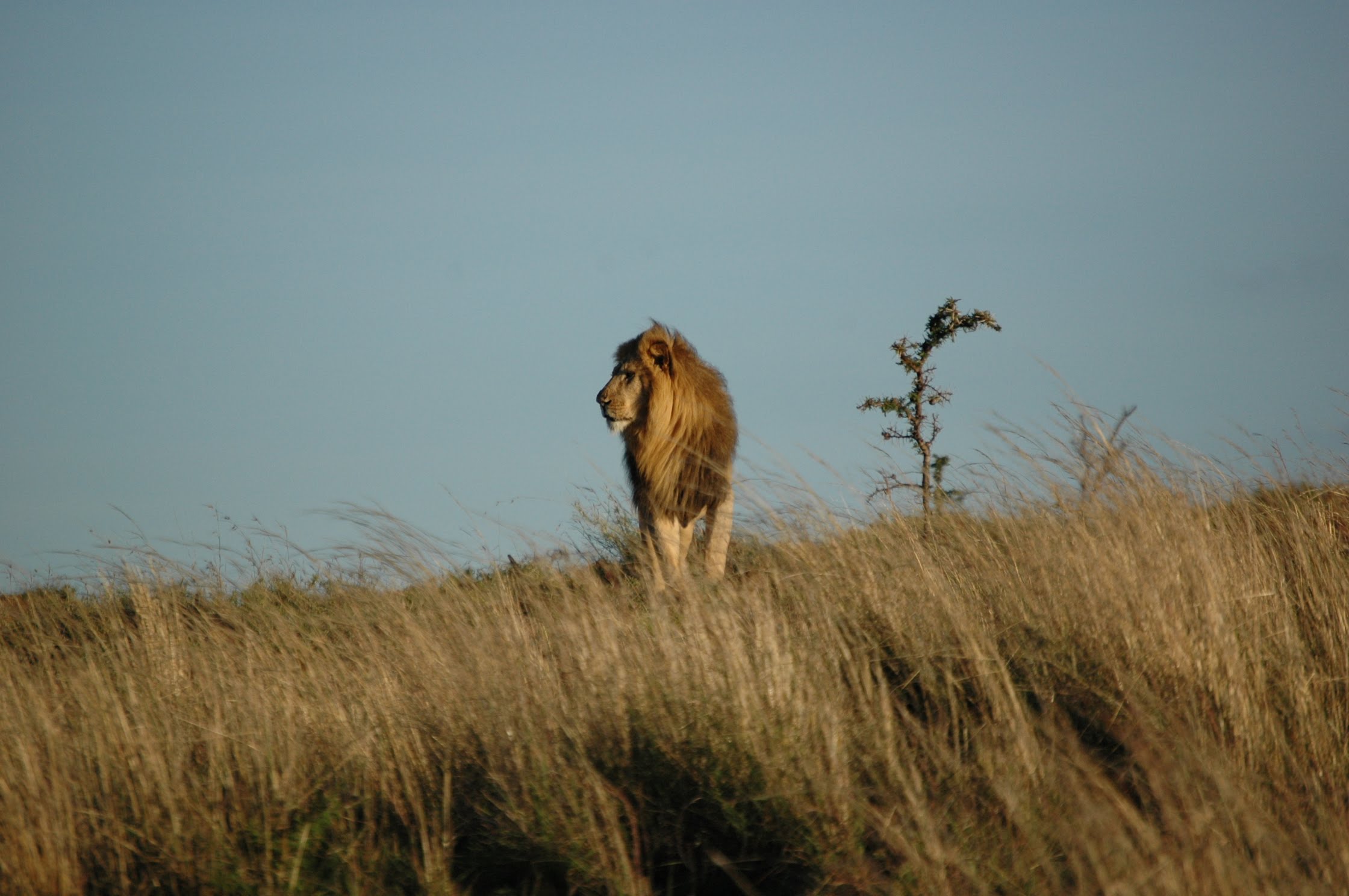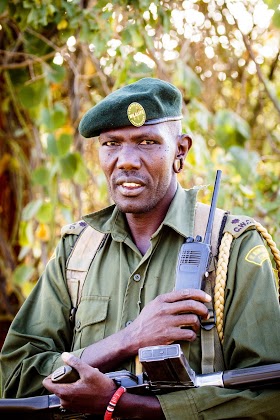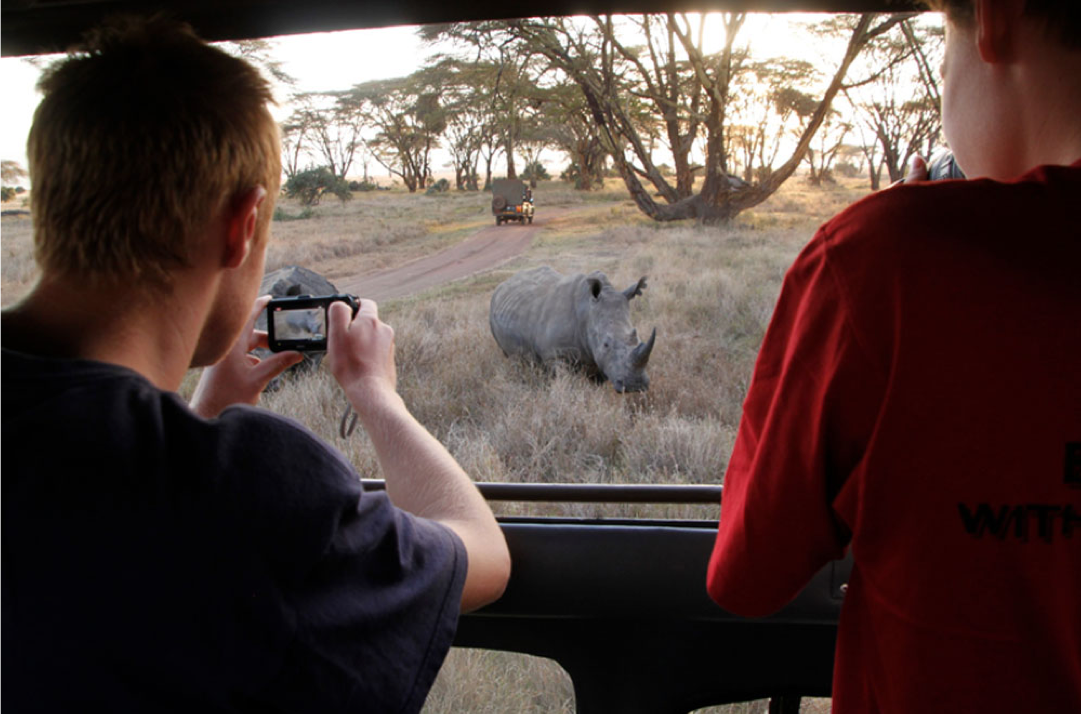
Male Lion on Borana Conservancy © culsansgaptravel.co.uk
If you want to work abroad for a bit helping the local wildlife, you need to be very careful about who you book with and what you’ll be doing, otherwise there is potential to cause more harm than good, or miss what you went to experience. Here are a few pointers to steer you in the right direction when researching your options.
Look for recognised affiliations and partnerships with reputable responsible travel companies. Companies such as Long Run and Responsible Travel really put operators through their paces to showcase honest, supportive behaviours. Booking with affiliated companies means your volunteer experience should be a help to the wildlife not a hindrance.
Pick your time of travel carefully. For example, if you want to get up close with African wildlife, you don’t want to book a volunteer trip in the green season – not only will your job be harder because of the thick turf, but you’ll have less chance of seeing the wildlife. Migration patterns should also be considered before booking!
Go for the right reasons. No-one knows what mother nature has in store, or what wild animals might do next, so don’t sign up for a wildlife or conservation programme just to see wild animals. Make sure you are going because of the good you will be doing. Any close encounters you experience are a bonus!
Observing animal tracks with James, Head Guide, from Il Ngwesi © culsansgaptravel.co.uk
Get Vaccinated. It is absolutely vital to get the correct vaccinations for your location. Whether you need the likes of rabies shots or malaria pills depends very much on where you are going – so get the advice of your GP or tour operator.
Get Insured. Animals can be very dangerous and unpredictable, and you are immediately putting yourself in a high-risk environment when signing up to volunteering with wildlife – that is why adequate travel insurance is essential!
Beware of close encounter opportunities. Volunteering in a contained environment with wild animals, or volunteering with companies offering physical human contact should raise alarm bells. As an untrained volunteer you only pose a risk in such a situation.

Il Ngwesi anti-poaching ranger © culsansgaptravel.co.uk
Ask about safety. At the very least find out what safety procedures are in place, and what the emergency evacuation procedures are. You should also be able to find out what to do in the event of a wide range of risk situations. If the information isn’t available, doubt the integrity of the operator.
Finally – Be sure to ask your operator the following questions:
- How much is the total cost of the volunteer programme?
- What does this cost include?
- What costs must I cover myself?
- Where do the profits go?
- How involved will I be able to get?
- What will my daily role be?
- How is my presence there actually helping?
- How many other volunteers are on the same project?
- Who is the project managed by and what is their past experience and qualifications?

Students observing a white rhino on Lewa Wildlife Conservancy © culsansgaptravel.co.uk
